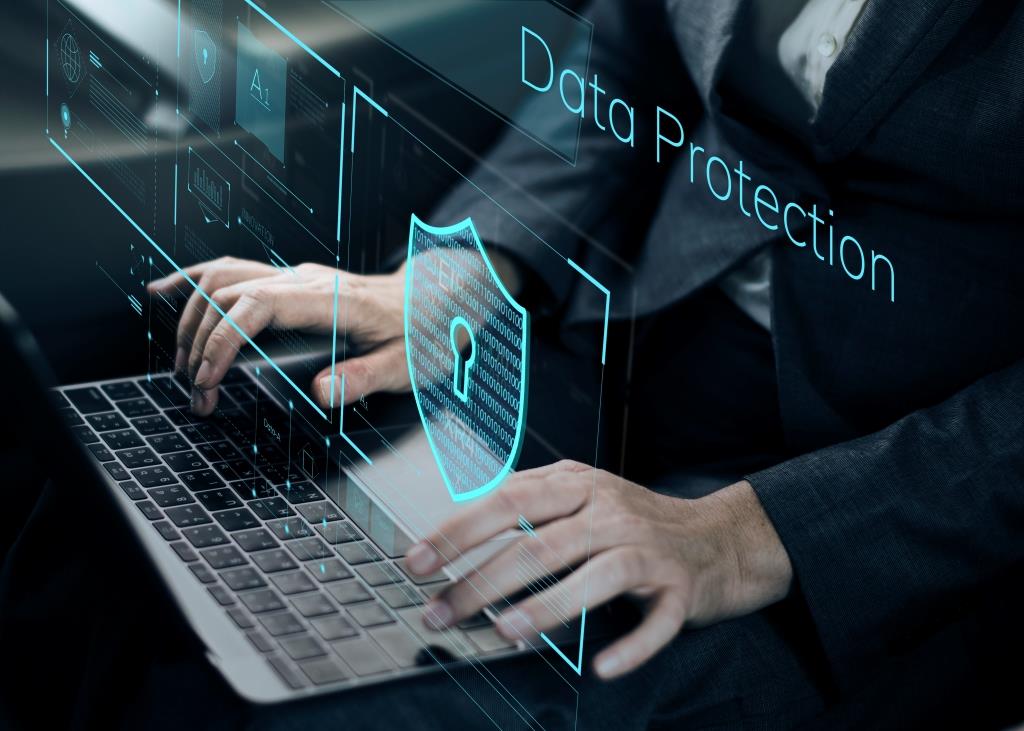This article highlights the significance of a dedicated security officer, a Security Operations Center (SOC), and an investigative auditor in preventing cybercrime and safeguarding digital assets. It emphasizes that by working together, these roles can form an effective security strategy that can address security threats and breaches, detect anomalies, conduct investigations, and develop strategies to prevent future attacks. The article stresses the importance of taking proactive measures to protect digital assets in today’s digital age where cyber-attacks are becoming more frequent and sophisticated.

In today’s digital age, ensuring the security of your organization’s digital assets is of utmost importance. With cyber-attacks becoming more frequent and sophisticated, organizations must take proactive measures to prevent data breaches, hacking, and other forms of cybercrime. One way to do this is by having a dedicated security officer and a Security Operations Center (SOC) in place.
The role of a Security Officer is to ensure the overall security of an organization’s digital assets. They are responsible for developing and implementing security policies and procedures, monitoring security threats and vulnerabilities, and identifying and addressing security breaches. A security officer should be well-versed in security best practices and have a deep understanding of the latest threats and attack techniques.
The SOC is a central hub that monitors an organization’s security posture, 24/7. The SOC team is responsible for detecting, analyzing, and responding to security incidents. This can include anything from monitoring network traffic and detecting anomalies to responding to alerts generated by intrusion detection systems and firewalls. The SOC team is also responsible for conducting investigations and forensic analysis of security incidents to identify the source of the attack and prevent future breaches.
Investigative auditing is an essential component of an effective security strategy. It involves reviewing logs and other digital evidence to identify the source of a security incident and determining the extent of the damage. This can include reviewing system logs, network traffic, and other digital artifacts to piece together the events leading up to the breach. Investigative auditing helps organizations identify weaknesses in their security infrastructure and develop strategies to prevent future attacks.
To be effective, security officers, SOC teams, and investigative auditors must work together. The security officer is responsible for developing and implementing security policies and procedures, while the SOC team is responsible for monitoring security threats and responding to incidents. The investigative auditor helps identify the source of a security incident and develop strategies to prevent future attacks. Together, these three roles form the foundation of an effective security strategy.

In conclusion, in today’s digital age, organizations must take proactive measures to protect their digital assets. This requires the expertise of a dedicated security officer, a Security Operations Center (SOC), and an investigative auditor. By working together, these three roles can help ensure the overall security of an organization’s digital assets and prevent data breaches, hacking, and other forms of cybercrime.